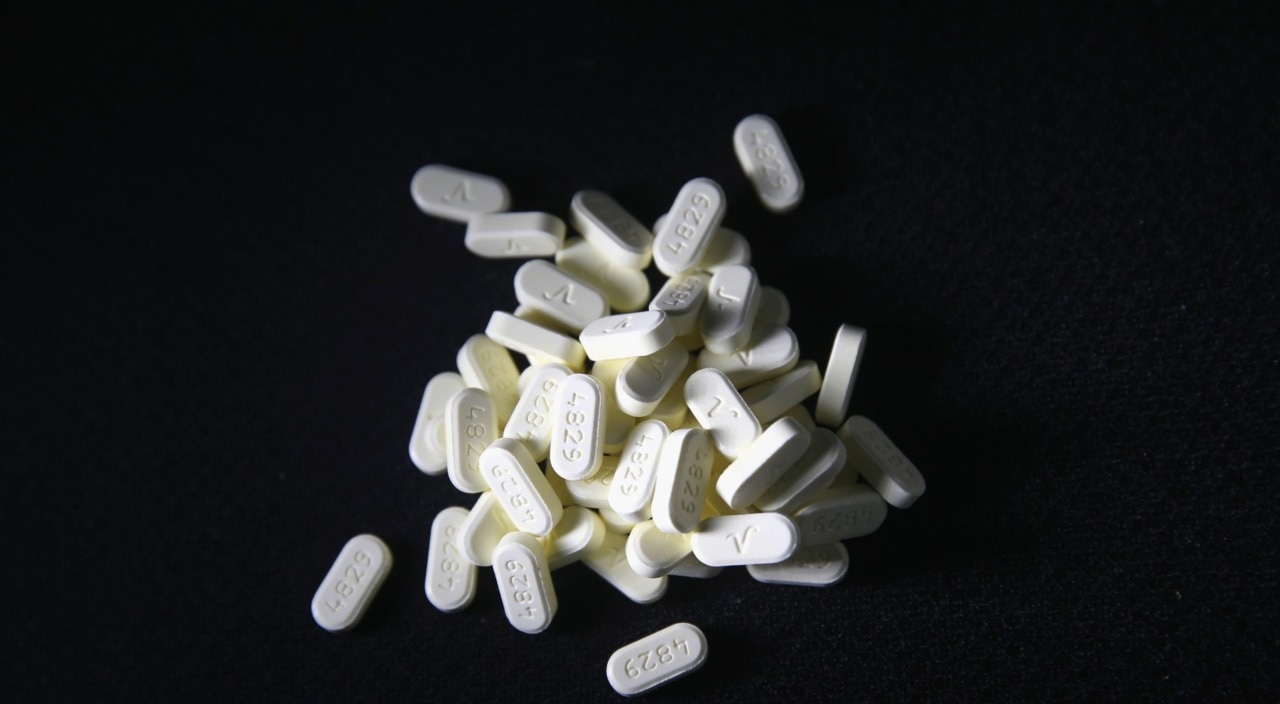The strong pain relievers you will have to do without
New guidelines are coming in for opioids that will affect Australians. See what it means for you.

National
Don't miss out on the headlines from National. Followed categories will be added to My News.
Patients who’ve had surgery will, from Wednesday, have access to opioid drugs like codeine, oxycodone and fentanyl slashed — and instead be sent home with everyday painkillers and a heat pack.
The changes — designed to stop Australians becoming addicted to and dying from the deadly drugs — come as part of new prescribing guidelines released by the Australian Commission on Safety and Quality in Health Care.
Doctors will be told to consider other forms of pain relief before automatically prescribing opioids, which kill 900 people a year.
They will be encouraged to prescribe the lowest dose for the shortest period to reduce the risk of patients becoming dependent on the drugs.
“If an opioid analgesic is considered appropriate for an opioid-naive patient with acute pain, use an immediate-release formulation at the lowest appropriate dose, for a limited duration, in line with best practice guidelines,” the new guidelines state.
Patients will be advised their “clinician might advise taking paracetamol and anti-inflammatories while reducing the dose of the opioid analgesic for acute pain”.
“Treatments such as heat packs, ice packs, exercise and physiotherapy may also be recommended to manage your pain,” the guidelines said.

Doctors are being urged to try and wean patients off strong pain relief while they are in hospital or have a plan to end their use shortly after they are discharged.
At present hospital emergency departments can only supply three days of opioid treatment and patients who have been admitted to hospital can only be discharged with a script for seven days worth of treatment.
Every year, more than 2.5 million people undergo surgery in public and private hospitals, and Monash University research found 50,000 become persistent users of opioids after being treated for acute pain.
A national survey by the Australian Institute of Health and Welfare found that 70 per cent of hospitals send people home after surgery with opioids ‘just in case’, and this is set to change under the new rules.
Research has shown the drugs are addictive and people who use them long term can end up experiencing worse pain that is caused not by the surgery or injury but by the way the drugs work in their body.
In Australia, Monash University researchers found more than one in every 13 people who start weak opioid analgesics (such as codeine) transition to strong opioids (such as morphine).
And US research found patients actually needed much lower opioid amounts after surgery than doctors thought they did.

“As prescribers, doctors have an ‘opioid-first’ habit that we need to kick,” pain specialist Conjoint Associate Professor Jennifer Stevens, from St Vincent’s Hospitals Sydney, said. Compared to many European and Asian nations, Australian doctors relied heavily on the drugs for first-line pain relief, despite evidence those countries with significantly lower reliance do not have poorer pain outcomes.
“It is critical that when patients are discharged from hospital, there is a discussion with the patient and a clear medication management plan to wean off opioids,” Commission Chief Medical Officer Anne Duggan said.
Every day there are nearly 150 hospitalisations and 14 emergency department presentations involving opioid harm, and three drug-induced deaths involving opioid use.
Panadeine and other over the counter opioids became prescription only in 2018 and, in June 2020, new rules limited the pack sizes of the medicines to further control their use.
More Coverage
Originally published as The strong pain relievers you will have to do without





